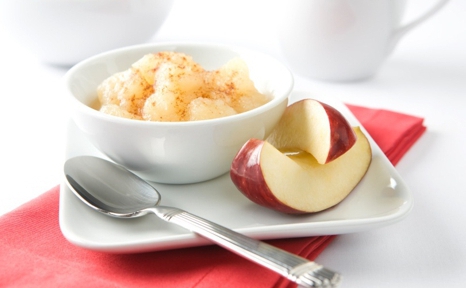


Can the foods you eat influence your level of arthritis pain? A variety of diets and "word-of-mouth" information exists about certain foods and their relationship to arthritis. But, despite the many claims and advertisements, there’s very little conclusive scientific evidence linking the two.
Gout is one exception to that, as it’s one type of arthritis scientific studies have proven partially treatable by diet. Gout is caused by high uric acid levels; a diet low in alcohol and purine-rich foods can lower blood uric acid levels and lessen the likelihood of a gout attack.
For people with rheumatoid arthritis or osteoarthritis, however, the links become more tenuous. Despite years of study, no conclusive evidence exists to show that particular foods make arthritis symptoms flare up or decrease.
Because arthritis pain is caused by inflammation, some research has shown a link between anti-inflammatory diets and reduced symptoms. These diets encourage people to avoid food that make inflammation worse, like saturated and trans fats and simple refined carbohydrates, and encourage foods that may reduce inflammation. Other common suggestions for arthritis diets include vegetarian, eating more omega-3 rich foods and avoiding nightshades, which include potatoes, tomatoes, eggplants and most peppers. There are few, if any, studies to support many of these claims.
So, how do you navigate this gray area of unproven therapies and distinguish fact from fiction to know if what you're doing is helpful or harmful? In general, it’s smart to consider how your lifestyle might play a role in the ups and downs of your arthritis. And most doctors say if a person feels strongly that certain foods make them feel worse, it is not unreasonable to avoid them. Just don't exclude whole food groups or large numbers of foods without consulting a registered dietitian or your doctor.
While all of these diet changes need further research, you may want to play with the common ones listed below to see if they help you.
Before we get into food specifics, it’s important to recognize one scientifically proven area where diet can improve arthritic symptoms: If you are overweight, look for ways to change your diet and lifestyle to lose weight.
Being overweight puts stress on joints, increasing the risks of wear and tear. It can also increase the amount of chemicals and hormones in the body that increase levels of inflammation.
Ask your doctor to check your weight against recommended weights for people your sex, height and age. If you are overweight, a nutritionist or your doctor can work with you to find a lifelong weight control plan that is right for you.
Mediterranean-type diet
In one of the largest studies of diet and various types of arthritis, researchers found that people on a Mediterranean-type diet, which emphasizes foods like fruit, vegetables, grains, fish and olive oil and limits red meat, reported the biggest positive change in pain. The effects of the Mediterranean diet on arthritis long-term are still unclear, but generally this diet, because of its focus on fruits and vegetables, is considered a positive choice.
Vegetarian diet
The same study found similar positive results for a vegetarian diet that allowed for eggs and dairy products. However, because this diet is more restrictive, researchers cautioned that many participants were unable to maintain it long-term. If you can’t go sans meat, consider at least trying to increase your consumption of fruits and vegetables or try having “meatless” days in your week.
Switching fats
This goes back to the anti-inflammation diet idea. Omega-6 fatty acids can increase inflammation, and omega-3 fatty acids can reduce it. Limit intake of meat and poultry, and increase your intake of fish. For salad dressings and cooking, substitute olive, canola and flaxseed oils for corn and sunflower oils.
Copyright © www.orthopaedics.win Bone Health All Rights Reserved